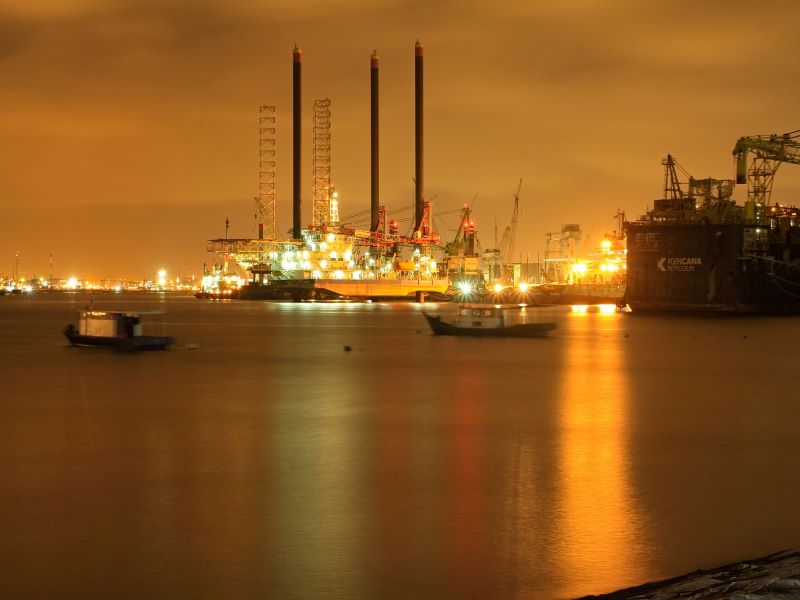 Russian crude
Russian crude
US, EU major importers of India's oil products sourced from sanctioned Russian crude
New Delhi: More than one-third of India's oil product exports to the coalition countries led by the G7 were sourced from Russian crude, according to a European think-tank, media reports said.
This underscores how despite the coalition's evasion of purchasing Russian crude and implementation of price limits, a lenient policy on refined products allowed third countries to use Russian oil and legally export products to coalition nations.
While there are no restrictions or sanctions on buying or using Russian crude oil and exporting fuels like diesel derived from it, the coalition of Group of Seven (G7) nations, the European Union, and Australia referred to as the "price cap coalition countries," initially enforced a crude price cap of USD 60 per barrel beginning December 5, 2022.
Later, they extended these price caps to products such as diesel to ensure market stability while limiting Moscow's revenue.
The measures were aimed at penalizing Russia for its February 2022 invasion of Ukraine by cutting off its oil revenues and preventing a potential price surge that could result if Russian oil supply to global markets was disrupted.
Finland-based Centre for Research on Energy and Clean Air (CREA) noted in its report that since the implementation of the price-cap regime in December 2022, the sanctioning countries bought one-third of India's exports of oil products derived from Russian crude (EUR 6.16 billion or USD 6.65 billion)
The majority of these exports, particularly from the Jamnagar refinery in Gujarat operated by Reliance Industries Ltd, accounted for a significant portion.
Specifically, Jamnagar alone exported oil products worth EUR 5.2 billion derived from Russian crude to the price cap coalition.
According to CREA, India imported Russian crude valued at EUR 3.04 billion to produce these products for sanctioned countries. Notably, the USA imported oil products worth EUR 1.2 billion from India, believed to have been refined from Russian crude. India imported Russian crude totalling EUR 733 million specifically to produce these products for the USA.
The coalition of price cap countries imported an additional EUR 469 million worth of oil products from the Vadinar refinery, referring to the facility operated by Nayara Energy in Gujarat.
From the implementation of the crude oil price cap until the end of December 2023, the USA imported EUR 59 million worth of oil products from Vadinar.
CREA's estimate suggests that 42 percent of the refinery's feedstock is sourced from Russian crude.
Since February 2022, several Western nations have avoided purchasing Russian oil directly. However, they continue to import petroleum products from countries such as China, India, and Turkey, which have become major buyers of Russian crude oil.
In 2023, there was a major 44 percent year-on-year increase in the volume of oil products imported by sanctioning countries, which were produced from Russian crude.
This surge contributed to the Kremlin's earnings of EUR 1.7 billion in tax revenues from December 2022 to December 2023, generated from the imports of oil products made from Russian crude by the price cap coalition (PCC) countries.
Since the introduction of the price cap until December 2023, the USA imported oil products worth EUR 1.6 billion derived from Russian crude.
Around EUR 807 million worth of Russian crude was used to produce these products specifically for the USA. Further, the price cap coalition countries collectively imported EUR 2.4 billion worth of diesel derived from Russian crude.
Support Our Journalism
We cannot do without you.. your contribution supports unbiased journalism
IBNS is not driven by any ism- not wokeism, not racism, not skewed secularism, not hyper right-wing or left liberal ideals, nor by any hardline religious beliefs or hyper nationalism. We want to serve you good old objective news, as they are. We do not judge or preach. We let people decide for themselves. We only try to present factual and well-sourced news.







